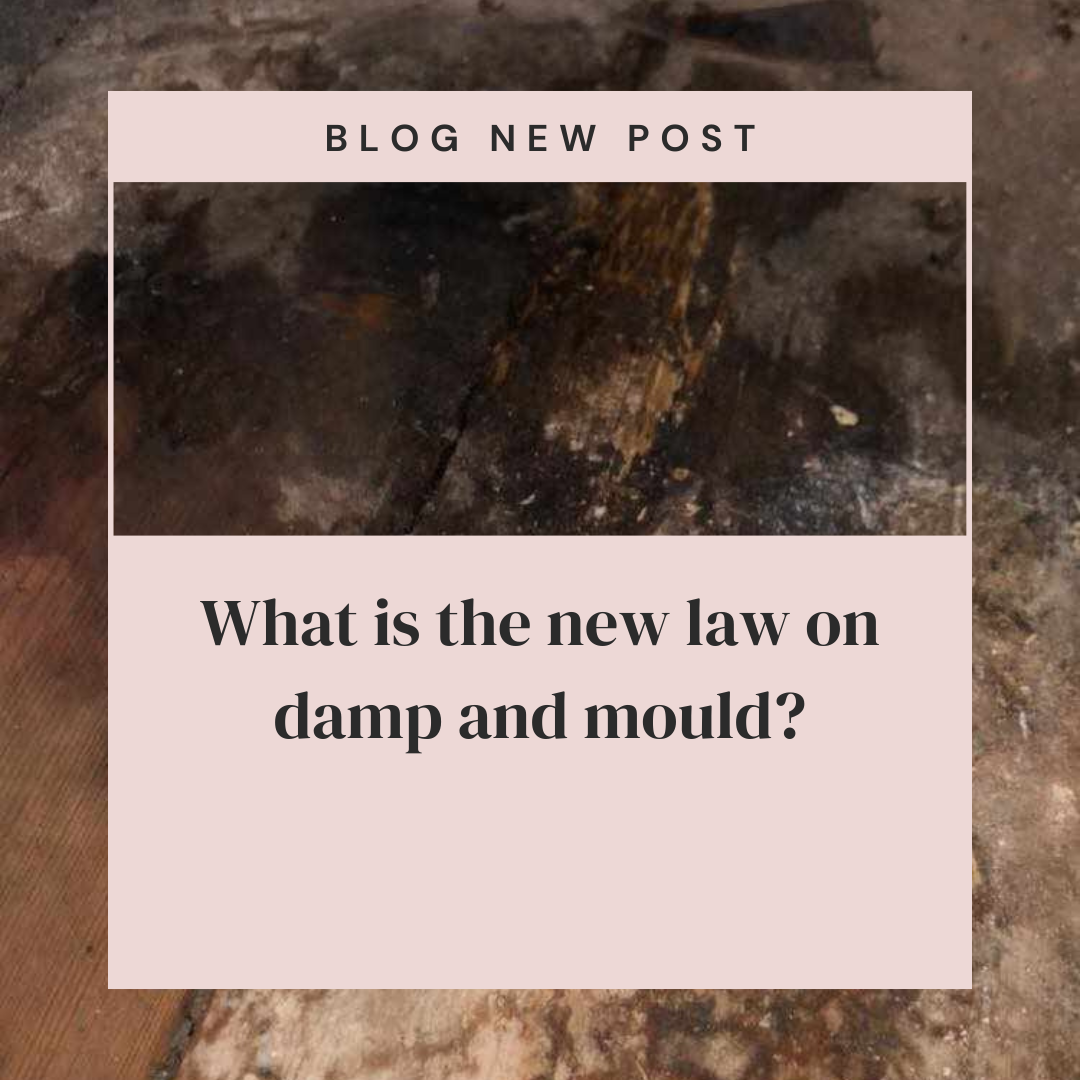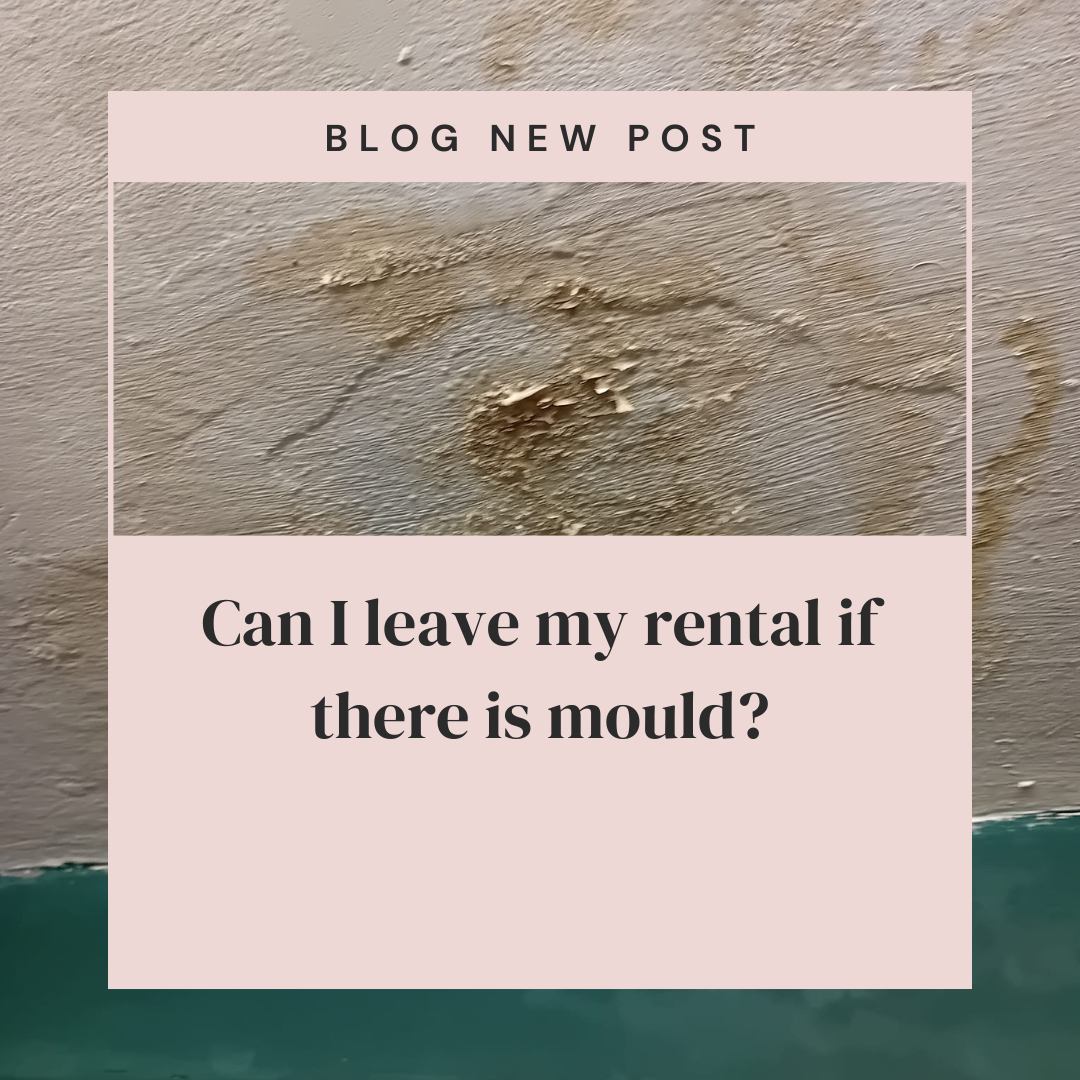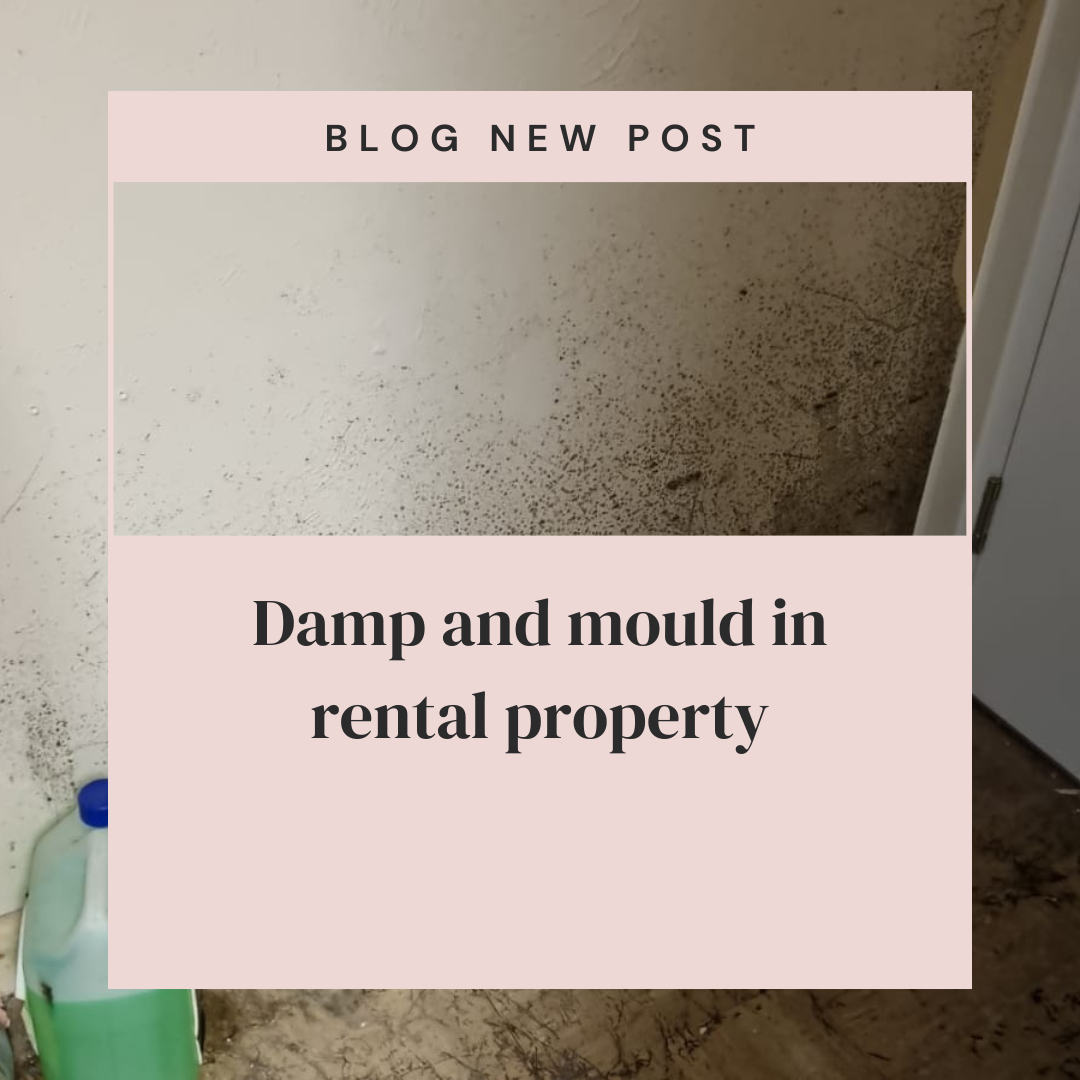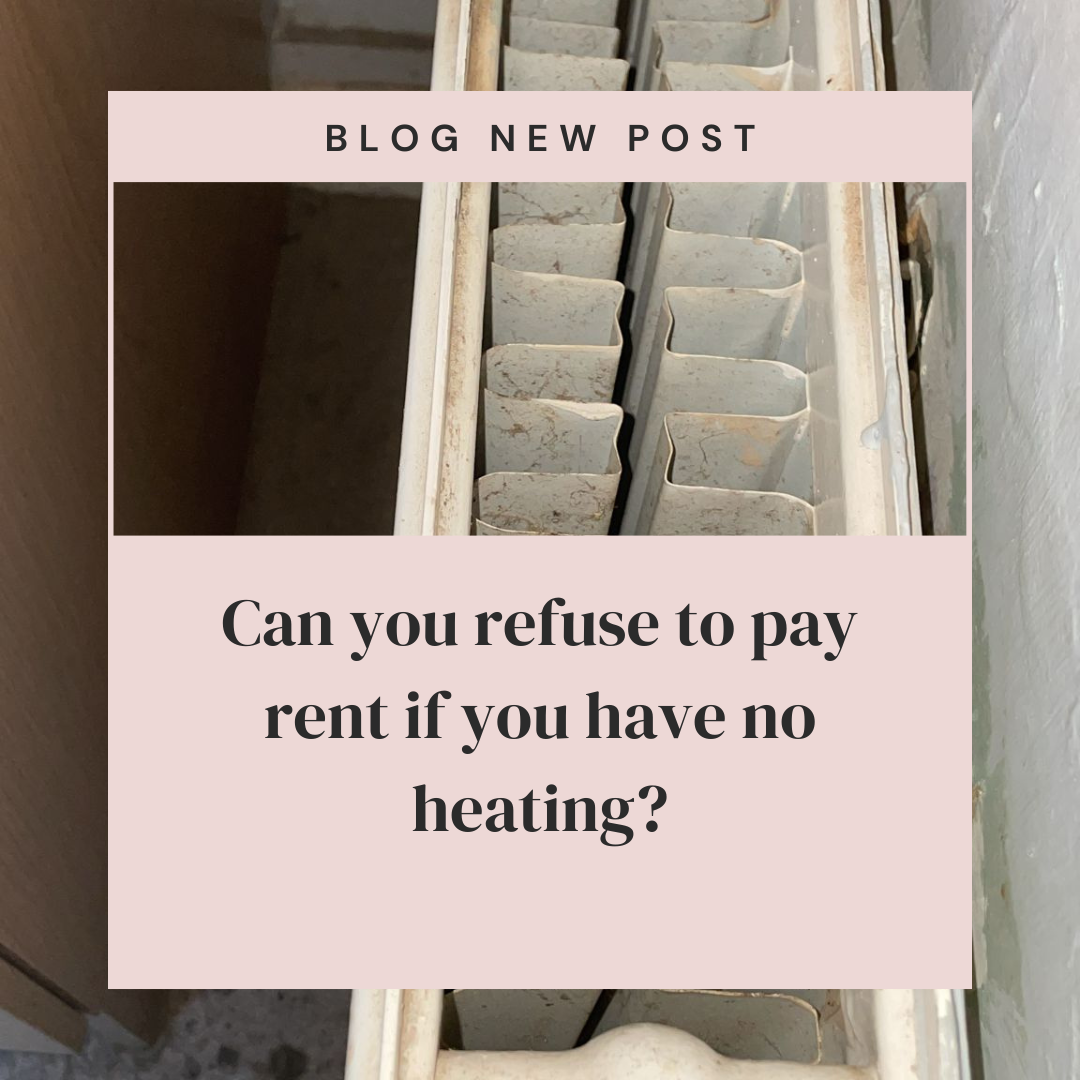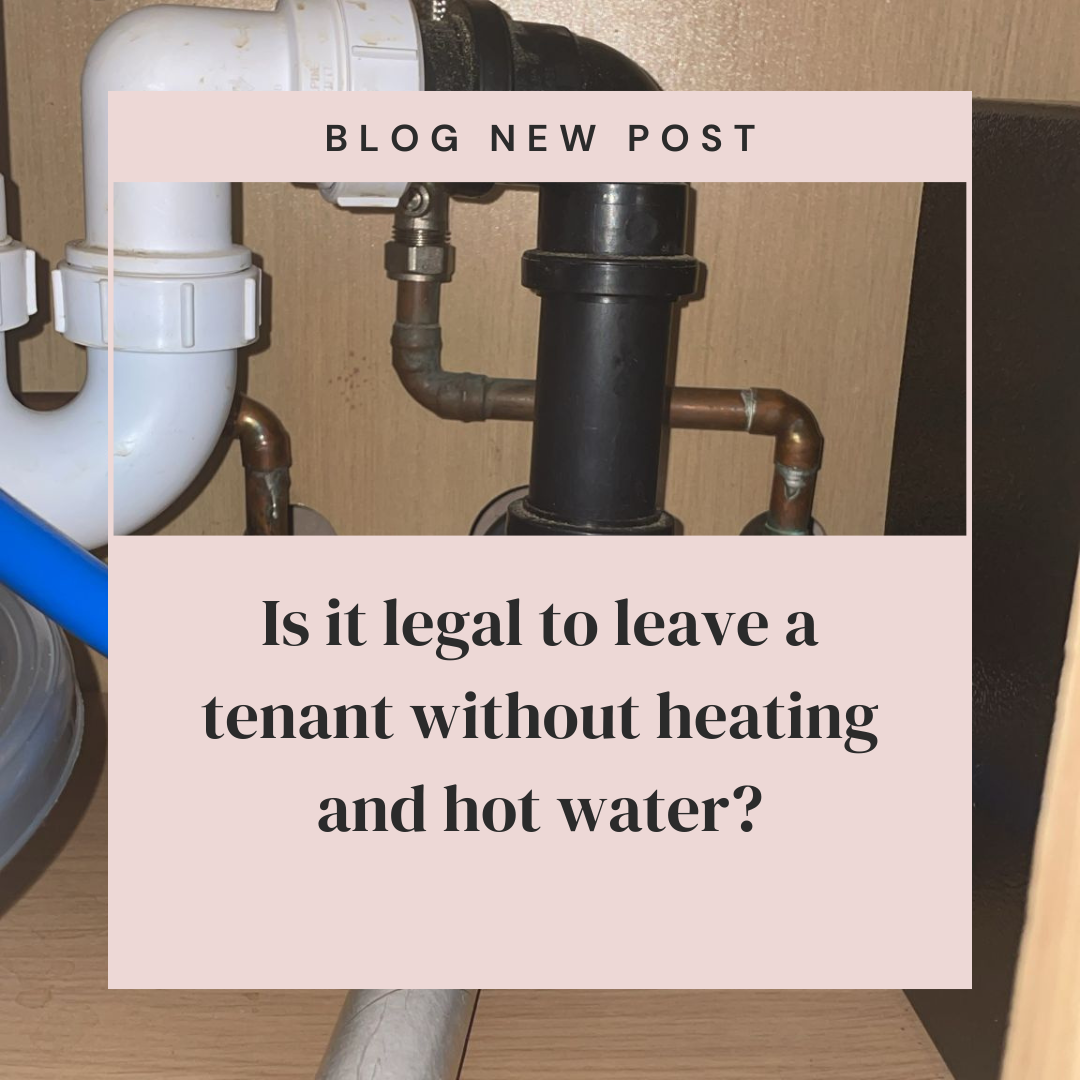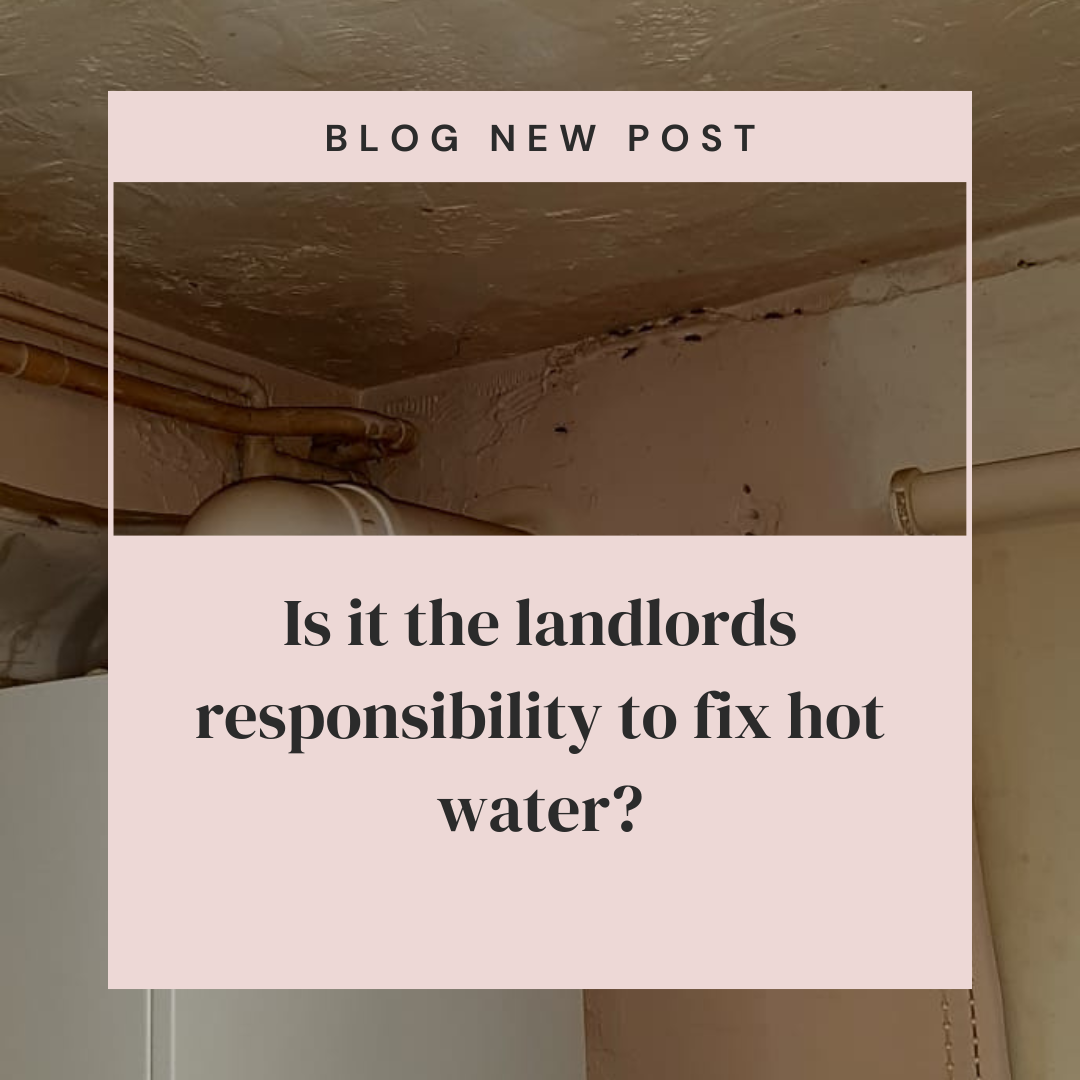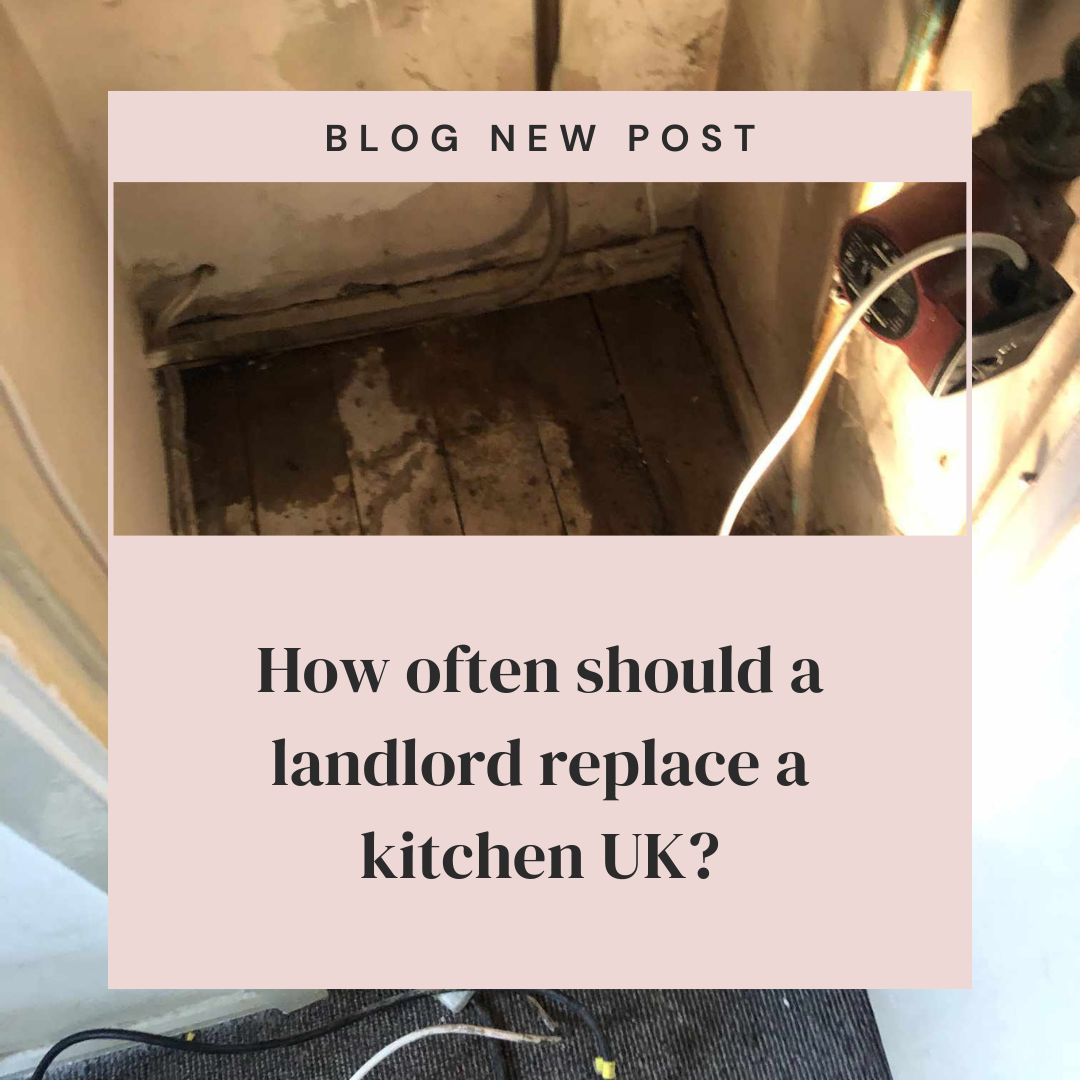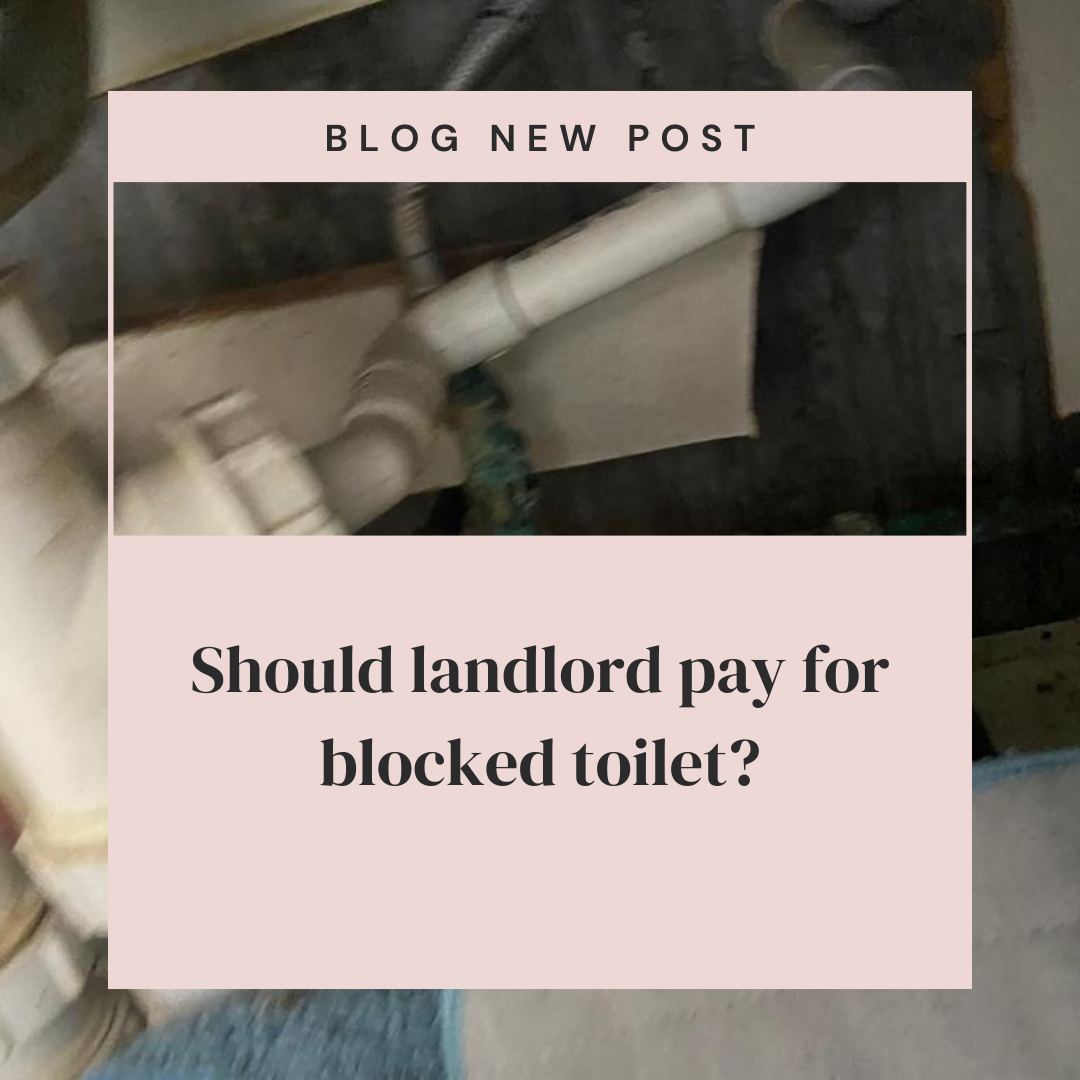What is the new law on damp and mould?
What is the new law on damp and mould? Damp, mould and condensation blight far too many English and Welsh rental properties, risking tenant health and disputes. But new November 2023 legislation bolsters renters’ rights regarding excess moisture issues. We summarise the key changes now in effect to help tenants assert improved living standards.
Expanded Landlord Duties Around Damp and Mould Prevention
The Residential Properties (Damp and Mould) Act 2023 for England and Wales enshrines new legal duties compelling both council and private landlords to actively:
- Survey rental properties for damp and mould risks before new tenancies
- Fix identified problems like leaks, install proper insulation, heating, ventilation
- Provide new tenants an official moisture risk assessment report
- Respond within strict timeframes to damp/mould issues reported mid-tenancy
Timescales range from urgent 24 hours mould disturbance works to 28 days for installing new ventilation systems.
New Rights Letting Tenants Terminate Over Persistent Issues
If landlords ignore new obligations and allow hazardous damp, mould etc to persist through negligence without repairs, tenants now have explicit grounds to legally end tenancy agreements early without penalty.
Compensation for Illness and Damage
Where landlords didn’t reasonably comply with duties leading to tenant harm from conditions like mould-related respiratory illness, residents can claim compensation for health impacts, property damage and losses under the new Act.
Overall, the 2023 legislation cements housing fitness accountability on landlords, not tenants, reflecting expert medical knowledge on damp risks. Check government guidance to ensure your rights stay protected.
If you think your social housing landlord is breaking the law. Then please feel free to get in touch and book a free no obligation consultation on making a housing disrepair claim against your landlord. Our team are available seven days a week to answer any and all questions
Important links
Housing Disrepair Advice: https://housingdisrepairadvice.org/contact
Housing Ombudsman: https://www.housing-ombudsman.org.uk/
